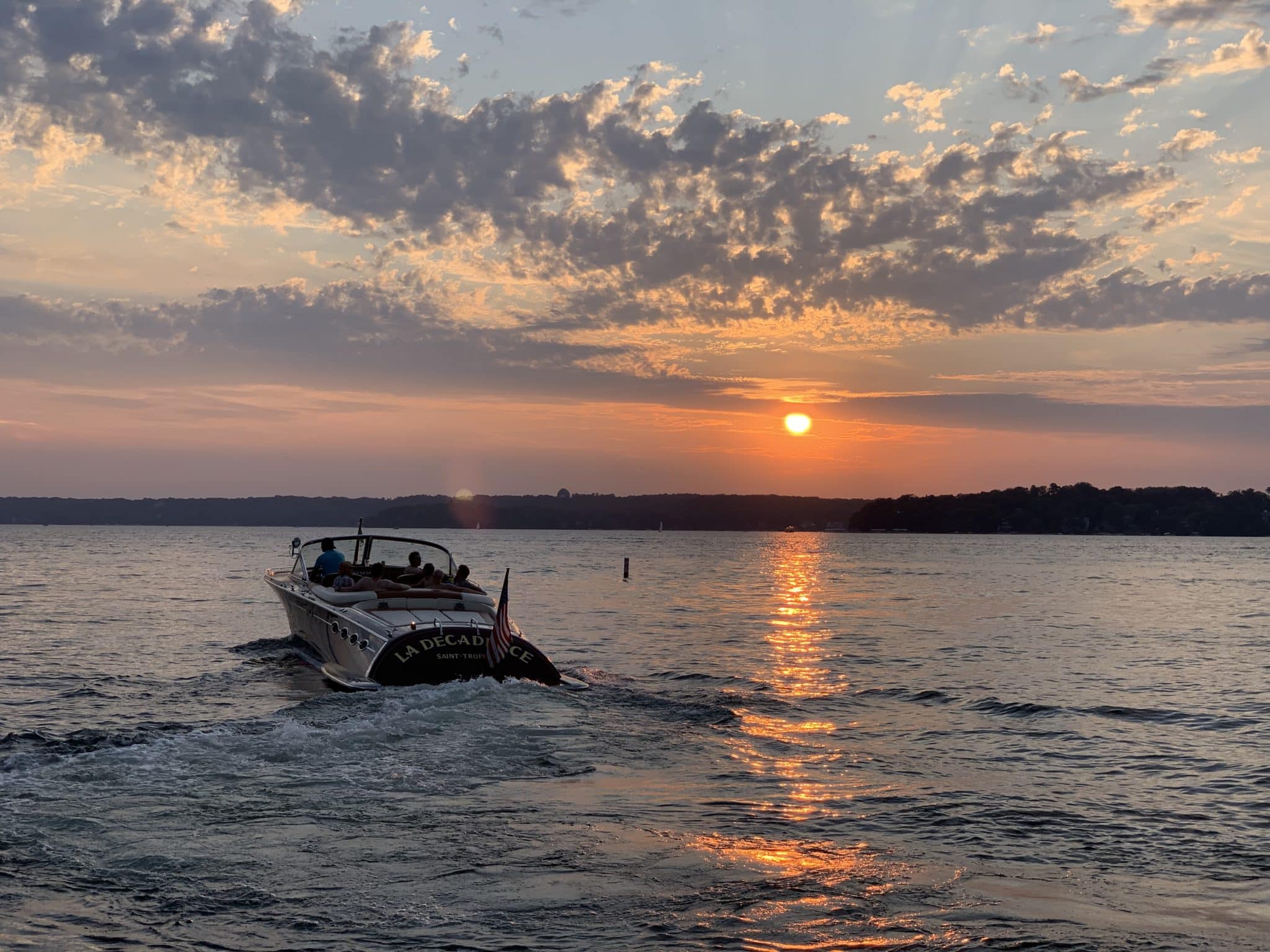I’ve been chewing on the recent spate of articles involving both the demise of the iBuyer and the slow down in transactions involving real estate investors, and I think it continues to warrant further discussion. Never mind that I’ve been right about both of these things, I take only a measured dose of solace in my correct suppositions. I can both recognize the downfall of certain housing models and still experience some slight sorrow for anyone caught up in the FOMO due to the massive market distortions furthered by investor and iBuyer transactions. Thankfully, Lake Geneva gets to avoid this miserable fate, just like we get to avoid wildfires and hurricanes and tsunamis and landslides and all of the other sorts of plagues that terrorize other markets.
I don’t really want my warnings to come across as chiding, just in the same way I don’t want my I told you so to come across as I told you so. But I think it’s important to recognize that markets are not all the same. They aren’t all built on the same things. Residential housing isn’t residential housing any more than your 911 GT2RS is like my dad’s 2008 Honda CRV. Shelter is one thing, but if we’re talking about discretionary purchases of luxury real estate, then we’re talking about an entirely different animal. A housing market propped up by investors acquiring and then withholding inventory is no different than SBH making his own FTT market. Okay, well it’s a bit different, but what happens when the music stops and a market must stand on its own two feet without manipulation from those who control the supply?
A Wall Street Journal article in late November discussed the declining investor participation in many markets. The article claimed that even as some investors are pulling back, other institutional investors are ready to pounce. This could very well be true, as many funds are waiting to deploy capital to purchase the sorts of residential rentals that will become even more desirable as interest rates force would-be-homebuyers to the rental markets. But what about the markets that aren’t in those target areas? What about housing that isn’t in Denver, Nashville, Austin, or Palm Beach? What about the residential vacation home markets that have been propped up by small time investors competing with traditional vacation home buyers? What happens to those markets when the investors slow their roll?
I guess I don’t know, because I won’t have to find out. Lake Geneva is built for owners, by owners. From our limited spec construction to our sometimes onerous rental limitations at both the municipal and association level (bans or otherwise severe limitations are not uncommon at the association level), Lake Geneva again and again seeks to position itself as a market for owners. As investor participation drops from markets across the nation, those markets will need to contend with what that means for their individual prospects. At Lake Geneva, we don’t need to worry about what happens next to the iBuyer or the investor, because we never worried about them in the first place. Looking for a vacation home? Find a market built for owners, not one built for investors or tenants. Or just come to Lake Geneva and avoid it altogether.

